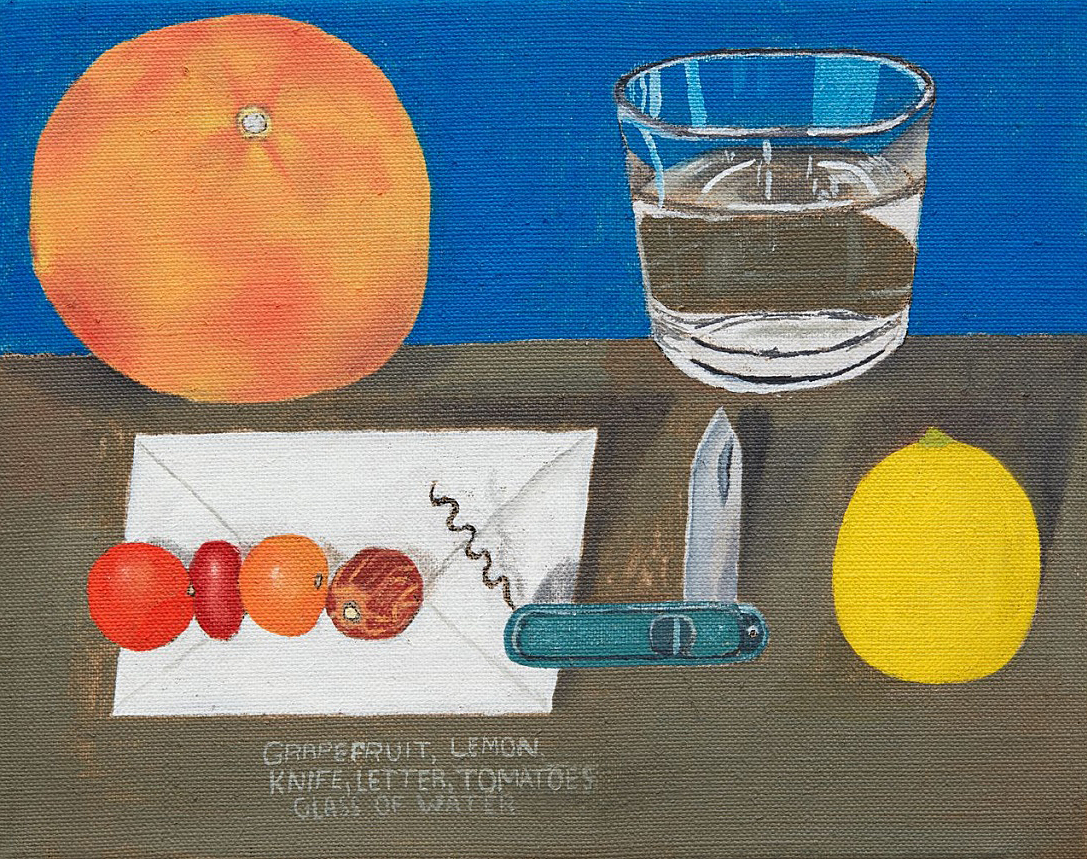Thinking Between Worlds and Forms of Life:
On Orientations of Thought and their Consequences Instructor: J.-P. Caron Date & Time: Sundays June 13, 20, 27, July 4 14:00 to 16:30 ET

DESCRIPTION: Extending our research on worldmaking as symbolizing activities, the Seminar will tackle the issue of the embeddedness of worldmaking as understood by Nelson Goodman within forms of life that themselves get caught in the transformative web of language use and the ensuing revision of thought and sensible categories. In this Module, we retreat in order to better advance by examining some of the background assumptions that may guide different conceptions of language and how they determine to specify the possible moves within thinking and forms of life. The decision between the primacy of ontology or of language comes to the forefront, as much as their intertwinement, while we examine different orientations of thought.
Session one: The first session tackles the possible relationships between ontology- as pertaining to that which we take as being- and language as the means we have of determining it. Peter Wolfendale’s understanding of the concept of ontology in the XXth century is explored in order to get an initial grasp of the concerning issues.
Session two, Local & universal conceptions of language:
The ontological question yields the division between language as calculus and language as universal medium as having different consequences. In this session, we approach Hintikka’s framework, having as example the interpretation Martin Kusch gives of the distinction as he applies it to both Husserl and Heidegger.
Session three, Forms of thought and forms of life: The frameworks examined in the first and second sessions are pit against and compared to the division operated by Paul Livingston in the contemporary philosophical scene, between 4 different orientations of thought : the sovereign, the constructivist/criteriological, the paradoxico-critical, and the generic. A further comparison is examined as brought forth by philosopher Bento Prado Jr, between the philosophies of Gilles Deleuze and Ludwig Wittgenstein.
Session four, On form & scale: Last session tries to locate the points of inflection necessary for a transcendental realism that countenances the necessary difference in frameworks and the embeddedness of these within a natural world. Scale will be an essential tool for recasting our thoughts on universal perspectives and perspectival universals, either bringing worlds into ever expanding logical environments that integrate them, or considering them apart of any linguistic-integrative possibility.
IMAGE: Michael Hilasman, Grapefruit, lemon, knife, letter, omatoes, glass of water, 2018
To see The New Centre Refund Policy CLICK HERE.
To see The New Centre Refund Policy CLICK HERE.